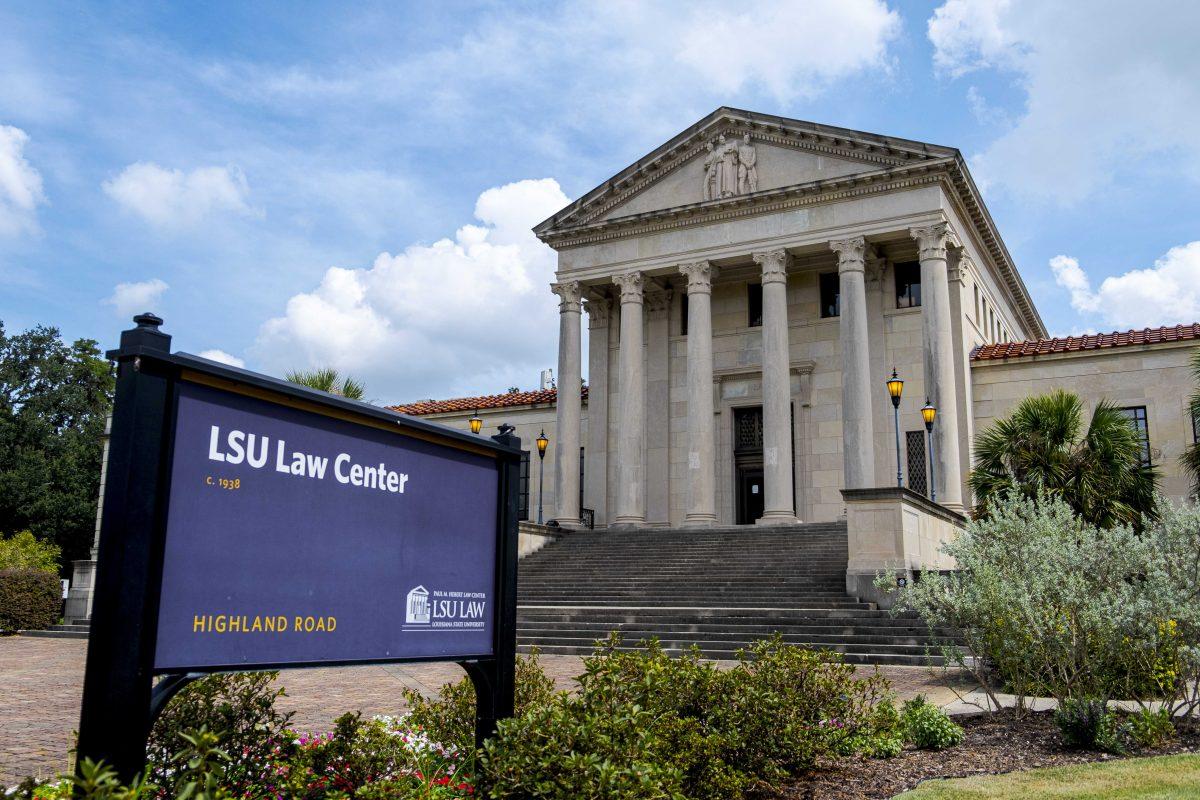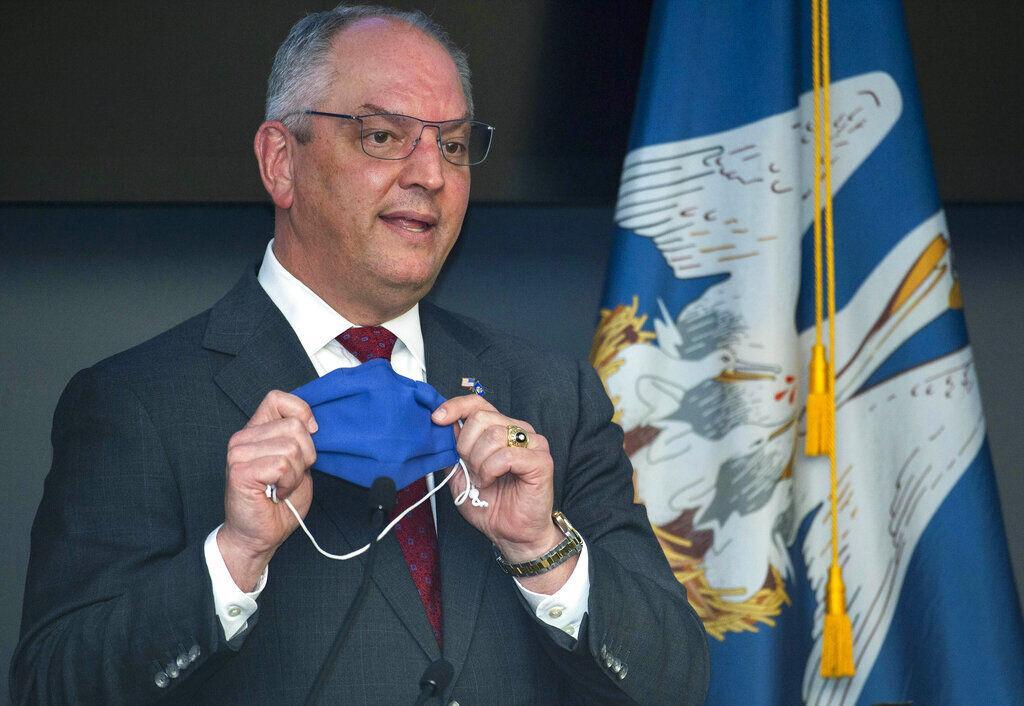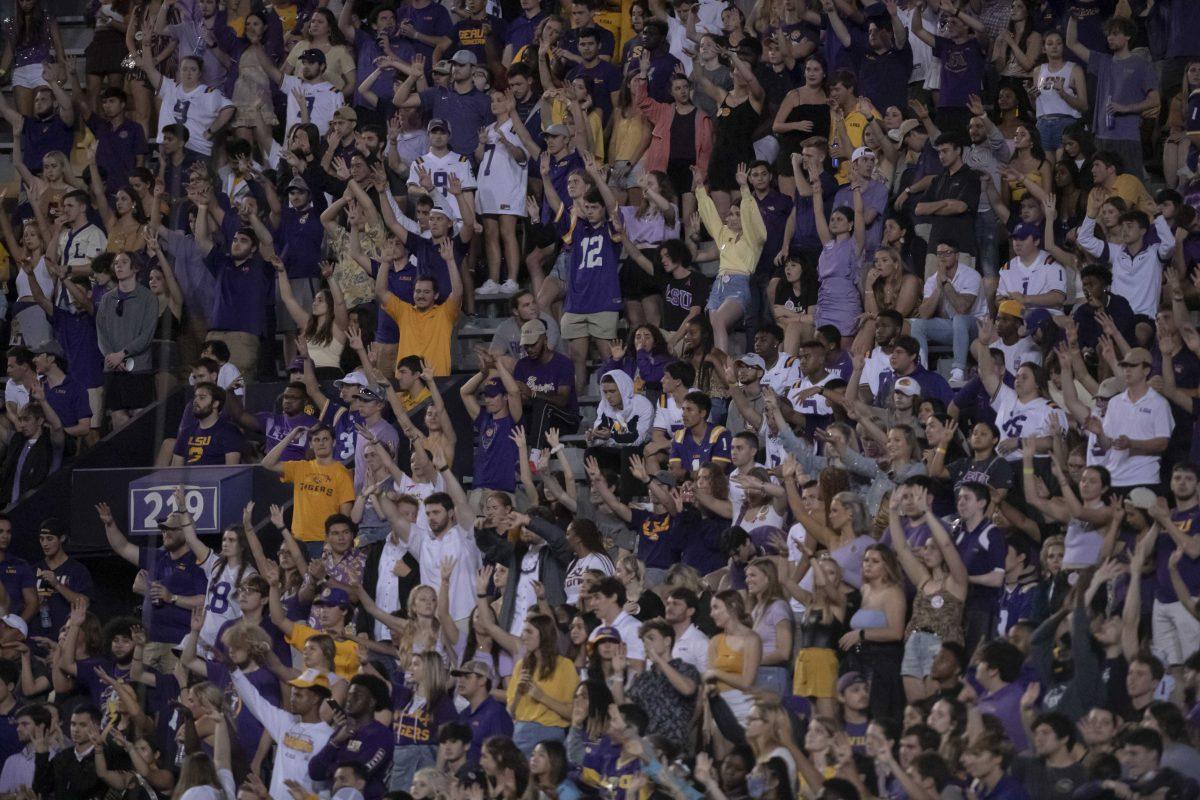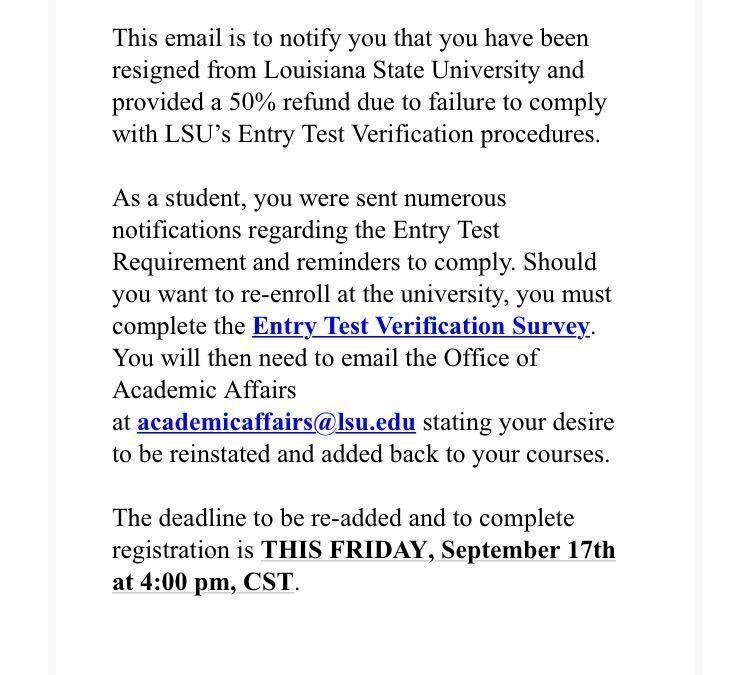Paul M. Hebert Law Center Interim Dean Lee Ann Lockridge said that though courses look different online and some experiences were lost for law students, one of the most famous aspects of law school is still maintained: the cold call.
“We do a lot of calling on students– law schools are famous for that– cold calling on you and making you answer questions that you maybe were or weren’t prepared for that day,” Lockridge said. “And you can do that in the Zoom format, and you can actually get called on.”
Students studying at the Paul M. Hebert Law Center faced a unique set of effects brought on by remote schooling. The transition caused events, trainings and internships to be cancelled for law students.
“There’s some real loss for a lot of our students and the experiences they were hoping to get,” Lockridge said.
Lockridge said many of her students were in clinicals, representing real clients and preparing for their jobs in the field. Some students were working in the school’s parole clinic. Their experiences were cut short as the prisons are no longer allowing outside visitors.
She said some were participating in Moot Court and were supposed to travel around the country to compete.
“Some of them had their competitions cancelled that they had been working for months to prepare for,” Lockridge said. “There was some very serious disruption depending on where somebody was in their preparation for certain experiences.”
Despite losses that law students faced during the transition, Lockridge said the law school is doing everything it can to bring the valuable learning experience back to its students. Instead of clinicals or trainings, students are working on various types of legal projects.
“But you know, it’s not what they had been working for,” Lockridge said. “People really want to do good work, and they want to go represent real people and so for some of them, it’s not what they had wanted.”
Second-year law student Jordan Zeringue was a member of a Moot Court team whose competition was moved entirely to Zoom. The team had prepared for the Judge John R. Brown Admiralty Moot Court competition since December and planned to travel to Maine for the competition.
Despite the transition to Zoom, the team finished in the top four of 26 teams and took home the Most Outstanding Law School Award.
Zeringue said his biggest challenge during the transition is maintaining the same level of focus and motivation he had in school prior to going online. He said he thinks this is a problem for his classmates as well.
“I think law school is unique in that it’s a type of learning that almost requires in-person learning to be able to interact with the professors over the material,” Zeringue said.
Zeringue said professors have geared the material in the class to online learning. He said some of his classes are all live lectures on Zoom, but others are a mix of pre-recorded and live lectures. Zeringue said he prefers live lectures because it helps him maintain a sense of normalcy in his schedule.
“The professors have been really phenomenal in making this transition easier,” Zeringue said. “They really take our input into account. They’re constantly asking for our input.”
Zeringue praised the law school for the way it has handled the situation.
“Interim Dean Lockridge and the faculty have been nothing but transparent, open and have communicated with us exceptionally well every step of the way,” Zerignue said.
He said that the faculty has held Town Halls on Zoom to answer questions and encourage open communication between the staff and students.
“They’ve been dealt a difficult hand, and they’ve been really knocking it out of the park,” Zeringue said.
Interim Director of Career Services & Employer Relations Gwendolyn Ferrell said her department values personal contacts with students to do counseling and other services. She said though remote contact is working, her department misses the contact they previously had with students.
She said the transition to remote learning looked like “organized chaos.” She said her department spent most of the interim week setting up the technology, because prior to this, the law center did not have online classes.
While the rest of the university had two weeks to prepare for the transition to online classes, the law school only had one, as it does not typically have a spring break.
“We did it extremely successfully and quickly, just setting up that technology,” Ferrell said. “Our IT department was excellent and efficient.”
Ferrell advises law students to stay calm during this time. She said the faculty values and is concerned about the success of each student.
“We’re a family,” Ferrell said. “We’re much smaller than the main campus. We’re one unit. We all have the opportunity to get to know each other. We do miss each other tremendously.”










